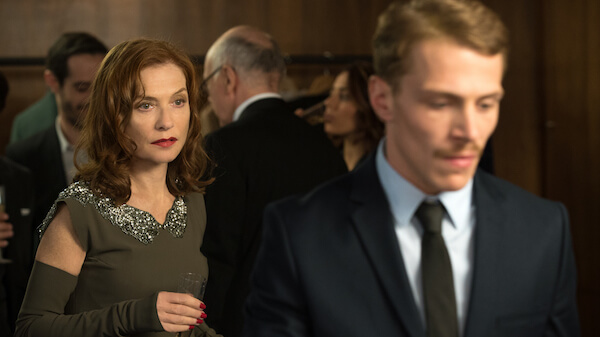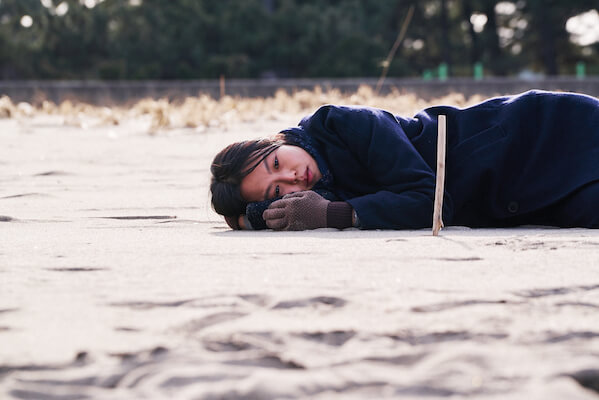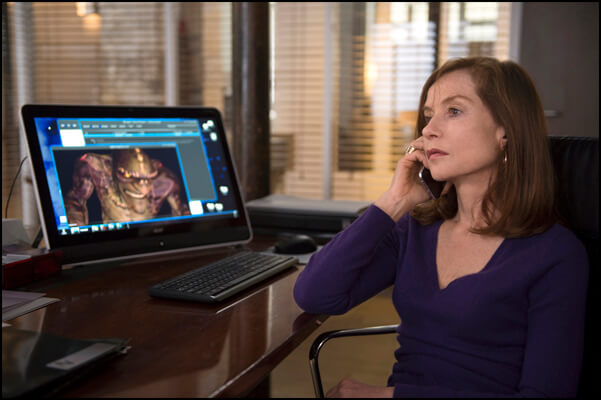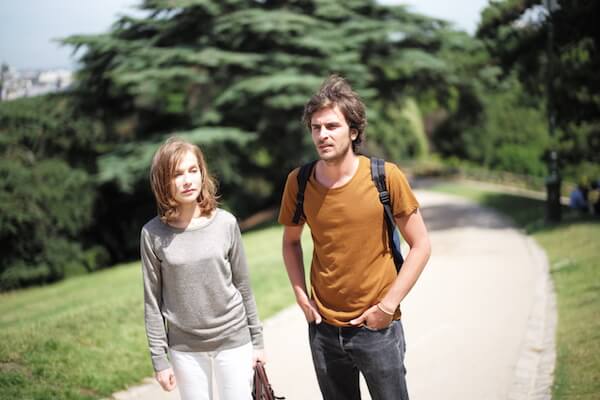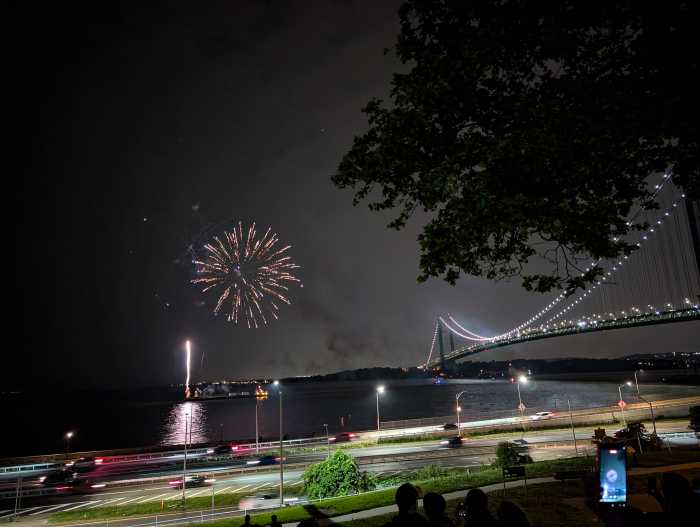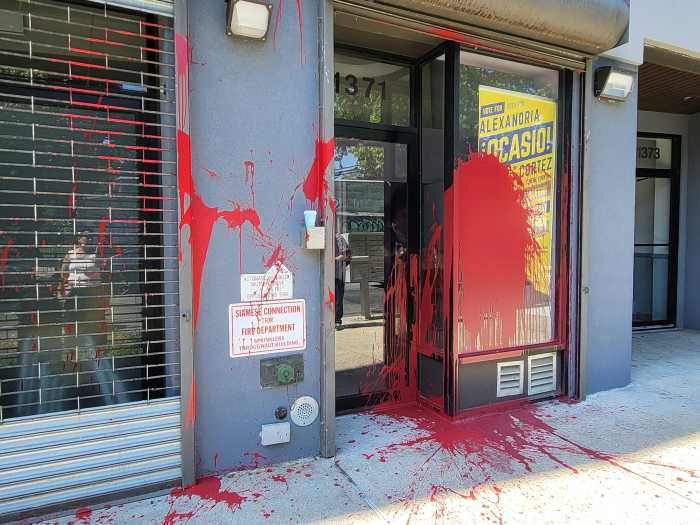Fantine Harduin, Jean-Louis Trintignant, Isabelle Huppert, Laura Verlinden, Toby Jones, and Mathieu Kassovitz in Michael Haneke’s “Happy End.” | © FILMS DU LOSANGE/ COURTESY OF SONY PICTURES CLASSICS
Austrian director Michael Haneke’s films leave no one cold. He frequently pops up in lists of the greatest living European directors and more personal social media posts about “filmmakers I can’t stand.”
For me, he’s capable of masterpieces (“Code Unknown,” “Caché”) and utter crap (“Benny’s Video,” the American remake of his own “Funny Games”). The rest of his oeuvre falls somewhere in between. His formal mastery is unquestionable: the stationary shots with cold, institutional lighting that make up most of his new film “Happy End” are impeccably framed and blocked, and his casting of Isabelle Huppert, probably the world’s greatest living actress, and excellent direction of the other actors help cover up the fact they are playing snarky caricatures and how much this narrative is grimdark nonsense.
Alas, Haneke has appointed himself both the conscience of Europe and cinema itself. That’s a huge responsibility, and one he’s not up to. While “Caché” shed light on a real-life massacre of Algerians in Paris in the early ‘60s, both versions of “Funny Games” show off his hypocritical denial of his own sadism, for which he blames the audience and other filmmakers.
Michael Haneke’s critique of well-off Europeans neither novel nor forward-looking
A vague sequel to Haneke’s last film, the extremely popular “Amour,” “Happy End” brings back the character of Georges Laurent (Jean-Louis Trintignant), who is tired of old age stuck in his wheelchair and wants to die. He lives with his two children: real-estate developer Anne (Huppert) and doctor Thomas (Mathieu Kassovitz, a director himself). The film consists of brief fragments from which the spectator must piece together a narrative — instead of laying out its plot, the press kit’s “synopsis” offers critics two vague sentences — starting with three pieces of fake found footage, the latter depicting a construction site accident in which a wall collapses and a worker is killed. The nastiest of this unpleasant family is Eve (Fantine Harduin), who turns 13 during the film.
“Happy End” seemingly sets out to offer a radical critique of upper middle class Western European life, but everything it has to say is either obvious, shallow, or reactionary. Here, the far left’s vision of the modern world’s corruption and decadence shakes hands with the right’s: Theodor Adorno meets Ross Douthat (and I’m being kind in my choice of conservatives). The film’s setting is Calais, France, which is home to a huge camp of refugees who are waiting there to enter the UK. It’s the film’s structuring absence. One scene brings on a refugee as a real presence, but the character — a black African — gets to speak for about 30 seconds. At this point, Arabs have become France’s equivalent of North American Latinos, but they appear in “Happy End” strictly as servants and never get developed as real characters.
I’m sure this is deliberate on Haneke’s part — the real subjects of “Happy End” are a family of blinkered and mean white people. But the film inadvertently reproduces their perspective. In other matters, it deals with the subject of society’s corruption as glibly as possible. Take the over-medication of children with anti-depressants: Eve uses her prescription to kill her hamster — the effects of which are shown in a very early scene that must be the eighth or ninth example of cruelty to animals in a Haneke film — and poison a girl with whom she went to camp.
At moments, Haneke visibly gets a charge out of shooting from cell phones and only using the middle third of the screen’s frame. But when his characters use email, online chat services, and text, sex is the only thing on their minds — and it always involves golden showers, a kink Haneke clearly disapproves of. After all, his American arthouse breakthrough, “The Piano Teacher,” revolved around a woman whose life is ruined by her masochistic desires.
There are films that offer relatively thoughtful but non-hysterical depictions of the way technology allows bullies and stalkers to harass people: Olivier Assayas’ “Personal Shopper” and Leo Gabfriadze’s horror movie “Unfriended.” Haneke ignores the way that being able to take video on her cell phone might empower a girl like Eve in favor of using footage shot on phones to offer up sexting about piss fetishes — but it seems clear he thinks she already has way too much power, in any event. For a director who is so suspicious of technology, high-definition video perfectly suited the ice-cold look of “Caché.”
I disliked but did not hate “Happy End” until its final five minutes. Then it sinks into a nihilism that reveals its contempt for youth and women, while indulging in a “beauty” that’s completely inappropriate to what it’s showing. I can’t go into detail about my objections without giving away the ending. Not since Larry Clark’s “Kids” and “Bully” or even William Friedkin’s “The Exorcist” have I seen a film with this much contempt for tween girls. If there are any teenage girls reading this, follow the examples of Samira Makhmalbaf and lesbian director Sadie Benning and make your own film on whatever camera you have access to — don’t let a misanthropic man in his 70s define you!
HAPPY END | Directed by Michael Haneke | Sony Pictures Classics | In French with English subtitles | Opens Dec. 22 | Film Forum, 209 W. Houston St.; filmforum.org | Lincoln Plaza Cinema, 1886 Broadway at W. 62nd St.; lincolnplazacinema.com


